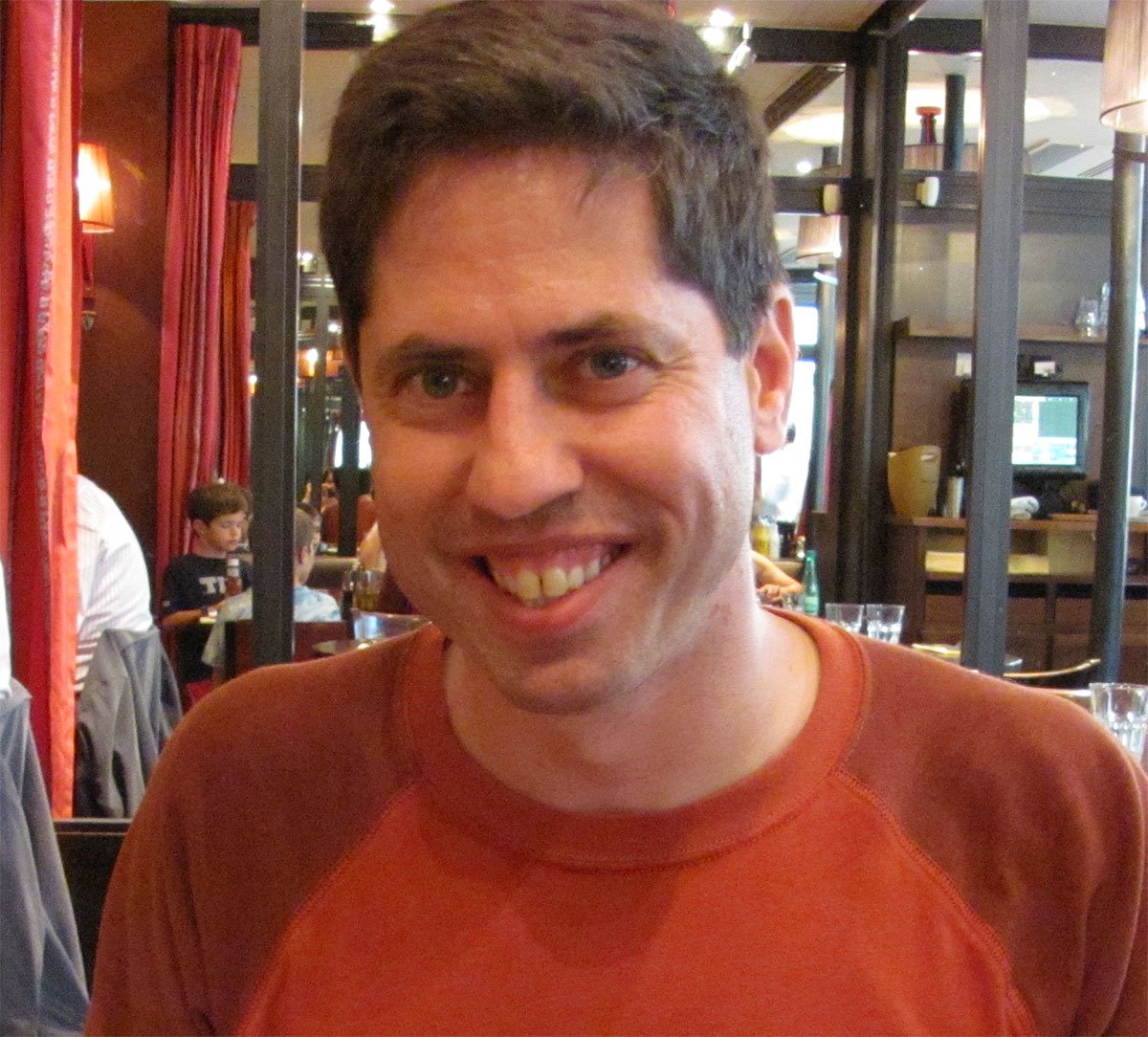Featured Fellow: Environmental engineer William Arnold

Editor’s note: IonE’s nearly 70 resident fellows — faculty with appointments throughout the University of Minnesota system who come together here to share ideas, inspiration and innovation across disciplinary boundaries — are among the shining stars of IonE’s signature approach to addressing global grand challenges. Over the course of the next year, this series will introduce our diverse resident fellows in their own words. Here we interview IonE resident fellow William Arnold, professor in the College of Science and Engineering. Let the conversation begin!
What is the current focus of your work?
My team in the Department of Civil, Environmental and Geo- Engineering is studying how human impacts on the composition of organic matter in natural waters — due to wastewater, stormwater or agricultural runoff — affect the solar-driven reactivity with various contaminants, including pesticides and pharmaceuticals. We are trying to understand how the molecular structure and properties of organic matter influence the production of highly reactive intermediates (such as the hydroxyl radical) that are important in the destruction of contaminants. The ultimate goal is to be able to predict how fast various contaminants will degrade in different impacted waters and to design treatment systems that take advantage of sunlight-driven reaction processes.
What’s the most interesting thing you’re reading now?
Reading is a great chance to relax and explore topics outside of work. I recently finished off two books. The first is Why Does the World Exist?: An Existential Detective Story by Jim Holt. The Voyager spacecraft were launched when I was a child, and I’ve always had an interest in (but not a talent for, as my physics classes in college demonstrated) astrophysics. Philosophical explorations tend to grab me as well and this book combined both. The other book just made me laugh: Dad is Fat by Jim Gaffigan.
What pivotal experience led you to the work you’re doing today?
When I entered college, I quickly realized I liked chemistry but I was interested in the environment and in solving problems. It seemed logical to go into “applied chemistry” and, because engineering is applied science, I majored in chemical engineering. My senior year I had one free elective to take and, on a lark, I chose environmental organic chemistry. The class focused on the fate of organic chemicals in aquatic systems. After three and a half years of college I had finally found the “applied chemistry” I was looking for. An almost randomly chosen class led to my entire career, but I use my chemical engineering knowledge every day.
What gives you hope?
Two things today give me hope. The first is that students today (and particularly those who are pre-college) are much more aware of the importance of the environment to our daily life and that humans have impacts (both good and bad) on the environment. When I was a kid, recycling that we now do routinely was strange. Today students have innovative ideas for cleaning water, reducing air pollution and helping those in need. There is awareness that individual actions have a collective effect. The second is the open-mindedness and curiosity of my own children.
What’s the oddest thing in your backpack?
A two-Swiss-franc coin. I spent my sabbatical there in 2006–07. It was a great experience that my family still talks about routinely. We actually just framed and hung some of our best pictures from our time there.
What’s the one personality trait you rely on most often?
I am told I have a type-B personality. Academic life is stressful with the constant search for funding, travel and huge array of demands on one’s time. Somehow, I seem to handle the stress well and plow through what needs to be done.
